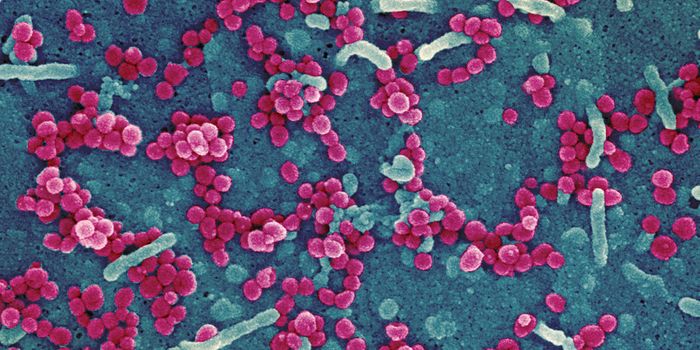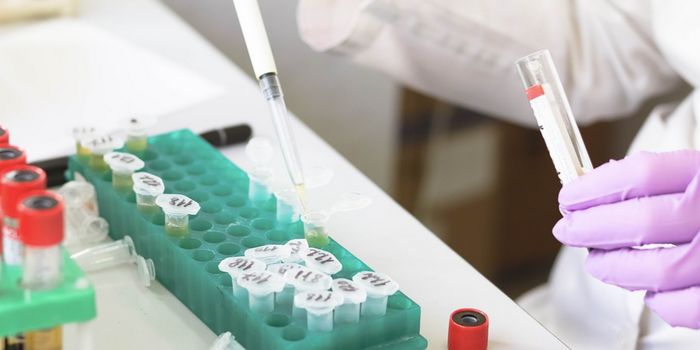New Biomarker Panel Detects Early Stage Pancreatic Cancer

To help treat pancreatic cancer, scientists are taking a step back to diagnose the disease before it becomes lethal. In analyzing genetic expression datasets of pancreatic cancers, researchers identified a 5-gene biomarker panel that can accurately discriminate between early cancer and benign tissue. The findings could significantly improve early detection for pancreatic cancers, a critical step in increasing survival rate for this deadly disease.
Pancreatic cancer has one of the worst mortality rates of all cancer types, largely because the cancer spreads rapidly and is seldom detected in its early stages. Because the disease is often detected so late, only one in four patients survive past the one-year mark from diagnosis.
"Because more than 90 percent of pancreatic cancer cases are diagnosed at the metastatic stage, when there are only limited therapeutic options, earlier diagnosis is anticipated to have a major impact on extending life expectancy for patients,” said Towia Libermann, Director of the Genomics, Proteomics, Bioinformatics and Systems Biology Center at Beth Israel Deaconess Medical Center (BIDMC), and co-senior study author.
To arrive at their 5-gene biomarker panel, the team first analyzed the genetic expression profiles from a wide number of publicly available datasets. They then chose a subset of data to develop a predictor panel, consisting of 5 genes: TMPRSS4, AHNAK2, POSTN, ECT2 and SERPINB5. Interestingly, these five genes share some pathways and have been implicated in cancer cell migration, adhesion, and metastasis.
"Using innovative data normalization and gene selection approaches, we combined the statistical power of multiple genomic studies and masked their variability and batch effects to identify robust early diagnostic biomarkers of pancreatic cancer," said Manoj Bhasin, Co-Director of BIDMC's Genomics, Proteomics, Bioinformatics and Systems Biology Center, and first study author.
The 5-gene panel was independently validated on the remaining training datasets, achieving an average of 95 percent sensitivity and 89 percent specificity in discriminating pancreatic cancer from non-tumor samples. When this classifier was applied to datasets that also included benign lesions of the pancreas, including pancreatitis and early stage cancer, they reported 94 percent sensitivity, 90 percent specificity.
The impressive detection capability of the panel offers hope for earlier diagnosis and treatment. Specifically, the panel could be performed on fine needle biopsies taken from the pancreas. Evidence of abnormal expression of any of the five biomarkers in the biopsies would alert doctors of early stage cancer – a diagnostic indicator that’s previously missing in pancreatic cancer therapy.
Moreover, in cell-based assays, the team found that disruption of two of the five genes in the panel, TMPRSS4 and ECT2, led to decreased tumor growth and viability. This suggests new therapeutic targets for the treatment of pancreatic cancer.
In the next phase, the researchers plan to validate their findings in a clinical study. "Moving forward, we will explore the potential to convert this tissue-based diagnostic into a noninvasive blood or urine test," Libermann added. It will be interesting to know how the 5-gene biomarker panel deals with the reclassification of pancreatic cancer as four separate diseases.
Additional source: MNT








